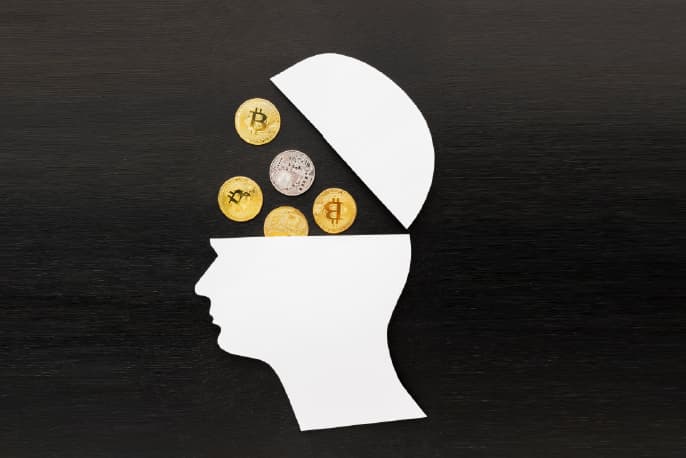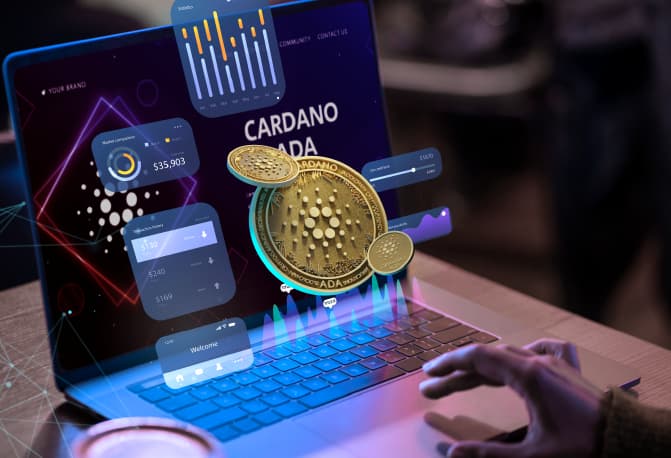When it comes to investing in or buying NFTs, there are a few things you should keep in mind. First and foremost, do your research. There is a lot of information out there about NFTs, and it can be overwhelming. Try to find reputable sources of information and take the time to understand what you’re reading.
Another important thing to remember is that the NFT market is still very new and volatile. Prices can change rapidly, so it’s important to be aware of the risks involved. If you’re not comfortable with the possibility of losing money, then investing in NFTs may not be for you.
Table Of Contents:
7 Tips Before Buying an NFT
- Do your research before buying an NFT. There is a lot of information out there, and it can be overwhelming, so take the time to understand what you’re reading.
- Be aware of the risks involved in buying NFTs. The market is still very new and volatile, so prices can change rapidly. Understanding the concepts of inflation and deflation can help: Inflation occurs when the value of a currency decreases over time, while deflation occurs when the value of a currency increases over time.
- Have fun! The world of NFTs is full of fascinating and unique creations, so don’t be afraid to explore. There’s a lot to discover, and you never know what you might find.
- Be aware of what you’re buying. Not all NFTs are created equal, so make sure you know what you’re getting yourself into.
- Make sure you’re comfortable with the possibility of losing money before investing in NFTs, and don’t invest more than you’re willing to lose. NFTs are still a relatively new investment, and there is no guarantee that they will be worth anything in the future.
- Make sure you have a secure wallet to store your NFTs in. If your wallet gets hacked or lost, you could lose your investment permanently.
- Be aware of scams and phishing attempts when dealing with NFTs. There are a lot of scammers out there who are looking to take advantage of inexperienced investors, so be careful who you trust.
How to Buy an NFT
First, find an exchange that offers NFTs. Not all exchanges offer NFTs, so it is important to do your research ahead of time. Once you have found an exchange that offers NFTs, create an account and deposit funds into your account.
Next, find the listings for the NFTs you wish to purchase. Each exchange has different listing procedures, so be sure to familiarize yourself with the specific exchange you are using. Once you have found the listing for the NFT you wish to purchase, click on it and enter the amount you wish to buy.
Finally, confirm the purchase and wait for the NFT to be delivered to your account. Once it has been delivered, you will be the proud owner of an NFT!
Innovations
The world of NFTs is constantly evolving, with new innovations and creations being made all the time. Some of the latest innovations include:
- ERC721: This is a standard for Non-Fungible Tokens, and it is responsible for the explosion in popularity of NFTs. It allows the creation of unique and customized tokens that are not interchangeable.
- Decentralized exchanges: These exchanges allow users to trade NFTs without having to trust a third party. This helps to ensure that users are always in control of their own assets.
- Games and applications: A growing number of games and applications are now using NFTs to reward players or create unique experiences. This helps to showcase the versatility and potential of NFTs.
The World of NFTs
NFTs are a relatively new phenomenon, and they are still in the early stages of development. However, it is clear that they have a lot of potential and could revolutionize several industries.
One of the most promising aspects of NFTs is their ability to create unique and immutable digital assets. This could have a huge impact on a number of industries, such as art, music, and collectibles. NFTs could also be used to create unique experiences in games and applications.
The world of NFTs is still in its infancy, and it will be interesting to see how it develops over time. One thing is for sure – the future looks bright for NFTs!
Conclusion
NFTs are still a relatively new investment, but they offer a lot of potential for the future. If you’re comfortable with the risks involved, then buying NFTs is a great way to invest in the blockchain world. Not all NFTs are created equal, so make sure you do your research before investing in any specific tokens. Have fun exploring the amazing world of NFTs!






































